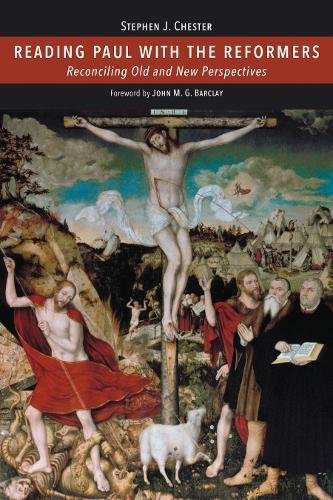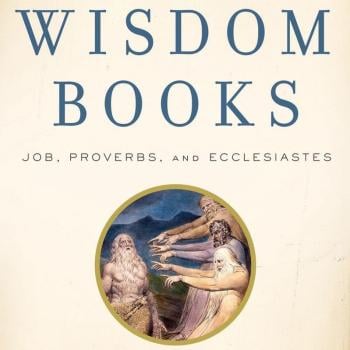
Ben. I took Romans with Stendahl at Harvard. What I’ve often wondered, since he was of Scandavian extract, is whether he read Paul through Kierkegaard, hence the Introspective Conscience stuff—- What do you think?
Stephen. I confess I don’t know enough about Kierkegaard to be able to answer this question. I do know, however, what I believe is the fundamental problem with Stendahl’s focus on the introspective conscience. He claims that Luther’s struggles with his conscience have been projected back onto Paul, but in fact both Luther and other Reformers interpret Philippians 3:6 broadly in the same way as Stendahl, as indicating that when he was a Pharisee Paul possessed a robust conscience. For the Reformers, of course, this robust conscience misleads Paul the Pharisee into thinking that he is fulfilling all the requirements of God’s law, but it is this false confidence that they see as characteristic of his life before his encounter with the risen Christ, not any guilt-ridden struggle with his inability to obey the law. Stendahl is right to object to portrayals of Paul as a hero of the introspective conscience but completely wrong to regard such portrayals as essential to Reformation perspectives on Paul. It simply fails to follow that if Paul the Pharisee possessed a robust conscience, justification must be solely focused on the inclusion of the Gentiles in God’s people. The idea that Paul the Pharisee struggled with his inability to obey the law arises largely in the historical critical era when a psychological explanation is sought for Paul’s Damascus Road experience in contrast to the predisposition in pervious eras to explain it exclusively as the result of divine agency.














